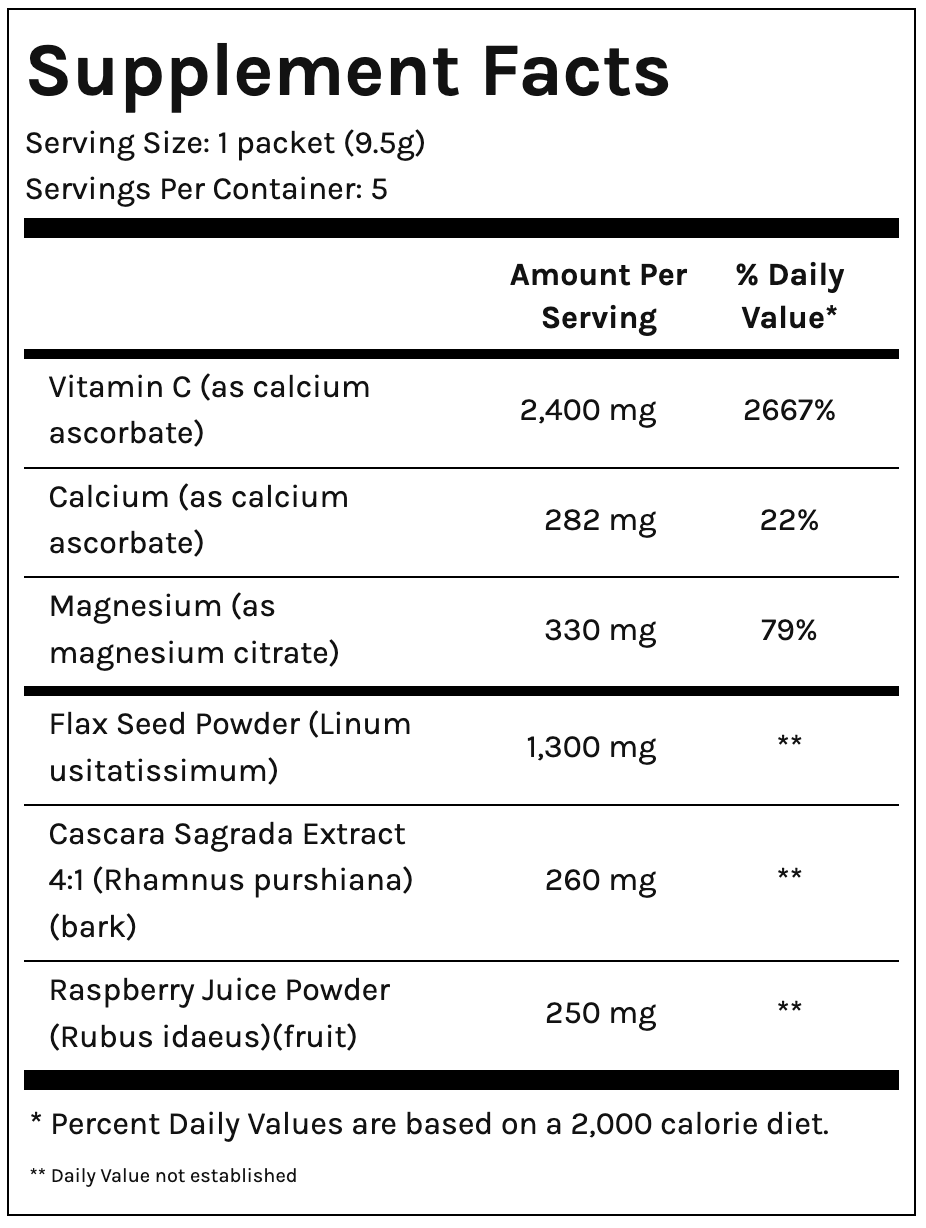Key Takeaways
- Common signs of poor gut health include bloating, gas, abdominal pain, diarrhea or constipation, acid reflux, and fatigue.
- Other potential signs are skin conditions like eczema, joint pain, unintentional weight changes, and mood issues like anxiety or depression.
- Causes of poor gut health range from imbalance of gut bacteria to food sensitivities, infections, chronic stress, and medications.
- Improving gut health involves adjusting diet, managing stress, getting enough sleep, staying active, and possibly taking supplements like Travel-eeze.
The health of your gastrointestinal (GI) system, also known as your gut, plays a major role in your overall health and wellbeing. When the gut is out of balance, it can cause an array of symptoms and problems throughout the body. Signs of poor gut health are common and affect millions of people.
Bloating and Gas
- Bloating refers to a feeling of fullness, tightness, or swelling in the abdomen. Gas and burping often accompany bloating.
- These symptoms occur when excess gas builds up in the intestines and digestion slows down.
- Common triggers are dairy, beans, cruciferous vegetables, gluten, and alternative sweeteners like xylitol.
Causes of Bloating
- Eating too fast and not chewing thoroughly can increase swallowed air.
- Imbalances in gut bacteria allow carbs and fiber to ferment and release gases.
- Food sensitivities cause inflammation that slows digestion.
- For some, conditions like lactose intolerance, fructose malabsorption, and SIBO are behind bloating.
Managing Bloating
- Eat slowly, chew food thoroughly, and avoid chewing gum which causes air swallowing.
- Try eliminating common trigger foods.
- Take probiotics and digestive enzymes like those found in Travel-eeze to support healthy digestion.
- Manage stress levels which impact gut function and inflammation.
Abdominal Pain and Digestive Issues
Diarrhea and Constipation
- Frequent diarrhea or constipation reflect poor gut function and motility.
- Causes relate to infection, food poisoning, IBS, IBD, food sensitivities, high stress, some medications, and more.
- Dehydration from diarrhea and straining from constipation create discomfort and cramping.
Heartburn
- Acid reflux occurs when stomach acid flows up to the esophagus, causing burning pain.
- Ulcers, hiatal hernias, pregnancy, and certain foods can trigger heartburn.
- Heartburn is associated with gastric ulcers, Barrett's esophagus, and esophageal cancer if untreated.
Occasional GI upset is normal, but ongoing digestive issues with no known cause may indicate poor gut health. Anti-inflammatories and gut-soothing supplements like Travel-eeze can provide relief.
Fatigue and Weak Immunity
- Over 70% of the body's immune cells are housed within the GI tract.
- When the gut microbiome is out of balance, the immune system is affected.
- This manifests as increased infections, allergies, autoimmunity issues, and leaky gut.
- Inflammation saps energy over time leading to unexplained, chronic fatigue.
Improving Immunity
- Boost good gut flora with fermented foods and possibly probiotic supplements.
- Focus on nutrient-dense whole foods over refined carbs and inflammatory oils.
- Manage life stressors including lack of sleep which compromise immunity.
- Stay active each day to increase circulation and wellness.
Skin Conditions
Many people are surprised to learn that the gut and skin health are closely intertwined. Roughly 20 percent of Americans suffer from skin conditions like:
- Eczema
- Psoriasis
- Rosacea
- Acne
When intestinal permeability, often called "leaky gut", allows undigested particles to escape into the bloodstream, widespread inflammation flares skin issues. Healing the gut lining helps resolve these inflammatory skin disorders for many.
Healing Options
- Remove inflammatory foods like refined carbs, dairy, and excess sugar.
- Test for food sensitivities which harm gut lining like gluten, nightshades, or nuts.
- Eat organic produce to avoid chemical residues also linked to skin issues.
- Take L-glutamine, zinc, omega 3s and anti-inflammatory herbs to help regenerate gut barrier.
Joint Pain and Inflammation
Intestinal permeability allows inflammatory cytokines and immune complexes to leave the gut and accumulate in joint tissue, instigating issues like:
- Rheumatoid arthritis
- Lupus
- Psoriatic arthritis
- Ankylosing spondylitis
Fixing leaky gut and restoring microbial balance can help reduce inflammatory burden and joint complaints over time.
Recommendations
- Follow an anti-inflammatory protocol with whole foods, herbs like curcumin, and omega 3s.
- Identify any food triggers negatively affecting the gut.
- Reduce intake of inflammatory refined vegetable oils.
- Take gut-repairing and soothing supplements like Travel-eeze.
Mood Issues
Scientists now recognize strong interplay between gut health and mental health. Bacteria and their byproducts interact with the nervous system through pathways like the vagus nerve, impacting hormone regulation and neurotransmitter production.
Poor gut health manifests through issues like:
- Anxiety
- Depression
- Brain fog
- ADHD
- Mood swings
- Autism spectrum symptoms
- Schizophrenia
Seeking Balance
- Work on reducing life stressors and get counseling if mood issues persist.
- Identify any dietary triggers that worsen mental health like sugar, caffeine, or alcohol.
- Eat more fermented foods and high fiber prebiotics to feed good gut flora.
- Take anti-inflammatory Travel-eeze to soothe intestinal lining.
Unexplained Weight Changes
Gaining or losing a significant amount of weight without clear cause can signal imbalances in the digestive tract. Poor gut health promotes issues like:
- SIBO - linked to bloating and weight loss
- Inflammation - prevents proper nutrient absorption
- Leaky gut - strains metabolic functions
- Imbalanced gut flora - may slow metabolism
- Thyroid issues - the gut and thyroid closely interact
Focusing on an anti-inflammatory diet, gut-healing supplements like Travel-eeze, probiotics, and stress reduction help stabilize appetite and weight over time.
Steps to Improve Gut Health
If dealing with multiple symptoms of poor gut function, it is wise to take action to help your overall health. Strategies to improve gut health include:
- Remove inflammatory foods and eat gut-soothing foods.
- Stay active to reduce stress and maintain healthy motility.
- Correct nutritional deficiencies with quality supplements.
- Reduce life stresses and get enough sleep nightly.
- Take targeted supplements like probiotics and Travel-eeze.
- Work with a functional medicine practitioner to find root causes.
Five Facts About Poor Gut Health
- Upwards of 70 million Americans regularly suffer from digestive symptoms.
- The gut houses about 100 trillion bacteria, fungi, viruses, and other organisms.
- An estimated 1 in 3 people may have leaky gut contributing to inflammation.
- The gut produces neurotransmitters like serotonin influencing mental health.
- Common medications like antacids and antibiotics can negatively shift gut bacteria.
Frequently Asked Questions About Poor Gut Health
How long does it take to improve gut health?
It often takes at least a few months of gut-friendly diet changes, stress reduction, supplements, and lifestyle adjustments to resolve poor gut health. Patience is needed as it takes time to rebalance digestion.
What foods help repair leaky gut?
Some top foods to help heal leaky gut include bone broth, fermented foods like sauerkraut, high fiber vegetables and fruits, omega-3s from fish and seeds, garlic, coconut products, and anti-inflammatory herbs.
Can probiotics make gut health worse?
For most people probiotics are beneficial, but for a minority excess probiotic strains can trigger intestinal distress. Start slowly with probiotics, watch reactions, and choose products with proven strains that colonize well.
Does stress cause leaky gut?
Yes, chronic high stress increases inflammation throughout the body especially impacting delicate intestinal lining. This allows partially digested particles to escape into the bloodstream contributing to numerous inflammatory conditions.
Can you fully heal leaky gut?
In many cases yes, with determination to follow the right protocol. Removing trigger foods, radically reducing stress, taking key supplements, and staying patient for the gut lining to regenerate helps heal leaky gut.
How do you calm an inflamed gut?
Ways to calm intestinal inflammation include avoiding common food triggers, taking anti-inflammatory herbs and supplements, reducing life stressors, staying hydrated with electrolytes, eating smaller meals, and getting gut-soothing exercise.
Can probiotics cause weight gain?
In rare cases certain probiotic strains may initially cause brief water retention that passes quickly. Overall probiotics are linked to healthier metabolism and weight management for most people.
Meet Liz Hall, former flight attendant and founder of eeze Natural Health, who knows firsthand the struggles of maintaining gut health while traveling. Drawing from her own experiences, she created Travel-eeze, a natural supplement expertly formulated to relieve traveler’s constipation and support healthy digestion on the go. Whether your jet-setting around the world or embarking on a weekend road trip, Travel-eeze is your must-have travel companion. Stay comfortable and energized throughout your journey! Keep an eye out for Travel-eeze in your favorite travel kits and hotel minibars soon—don’t let travel hold you back!





